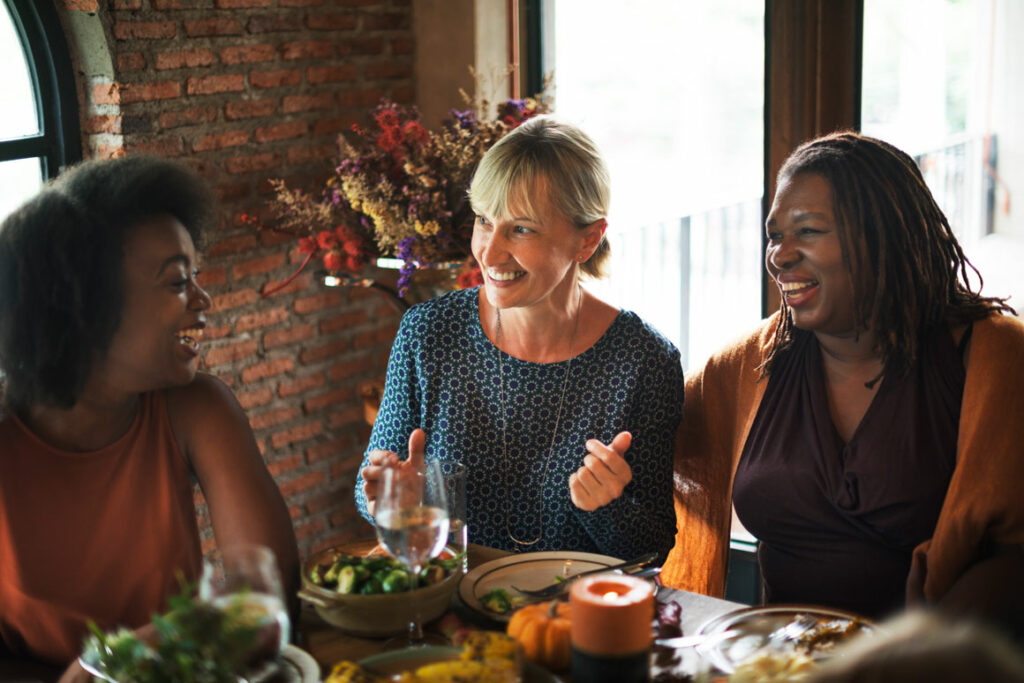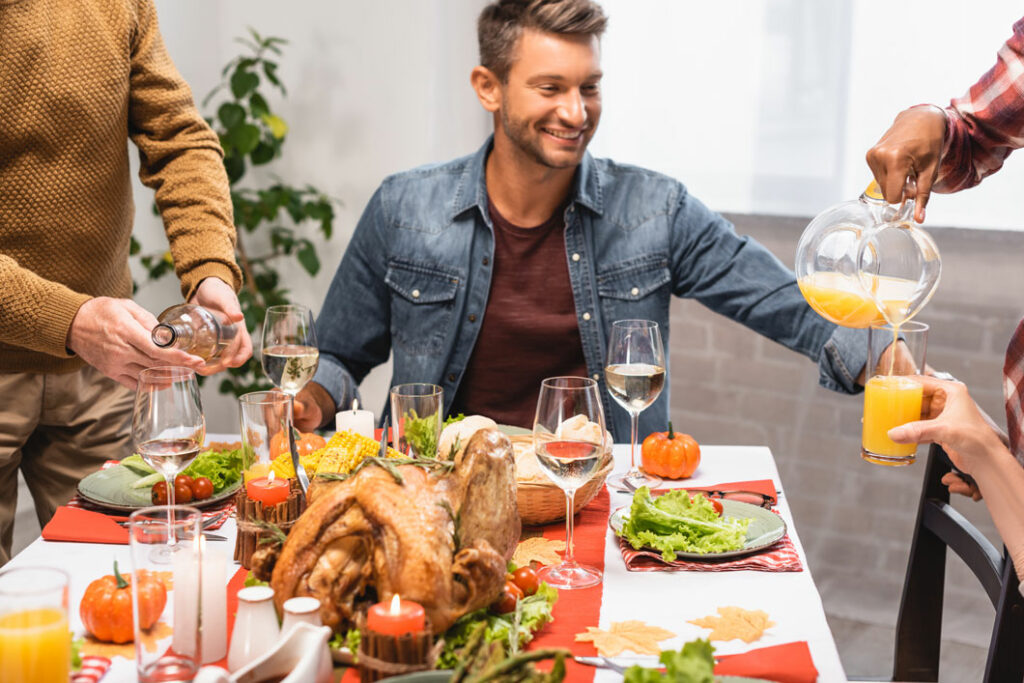How Chronic Illness Patients Can Minimize Stress This Thanksgiving
For many of us, the hectic Holiday Season starts with Thanksgiving. While the delicious food and festive decorations can put us in a good mood, this time of year also disrupts our daily routine and heightens stress levels, which can worsen chronic disease symptoms.
As you prepare for Thanksgiving with a chronic illness, here are some suggestions.
Watch the Video: How Chronic Illness Patients Can Minimize Stress This Thanksgiving
Impact of Stress on Chronic Diseases
Researchers found that prolonged psychological stress can impair the body’s ability to regulate its inflammatory response contributing to the development, progression, and symptom flare-up of many chronic diseases.
It all comes down to how our body responds to cortisol. Cortisol is a hormone that helps control inflammation. However, when we experience long periods of psychological stress, the effectiveness of cortisol as an inflammatory regulator decreases.
Researchers believe that stress causes our immune cells to become resistant or insensitive to cortisol. As a result, when we are under stress, our immune system is unable to respond to hormonal control, leading it to produce high levels of inflammation that promote symptom flare-ups.
Simple Ways to Reduce Your Stress Levels During Thanksgiving
Adjust Your Mindset
Remember that disruptions to your routine are only temporary. So instead of stressing about having to travel, and help prep meals for your entire family, try adjusting your mindset. Focus on the joy you will feel when seeing family and friends gather for a lovely dinner.

Plan Your Travel Arrangements Early
A lot of our stress comes from dealing with unexpected challenges. If you are traveling this Thanksgiving, make arrangements well in advance.
Book your flight early, and remember to ask for assistance or request special meals from the airline if needed.
Carefully plan your route if you are driving. Research alternative routes in case you encounter heavy traffic or blocked roads. Include stops to rest, stretch, take your medication, and hydrate.
It’s OK to Say No
You may feel the urge to help or please everyone’s needs, but setting boundaries is essential. For example, your family members may try to include you in too many activities, but please know it’s ok to say no and not feel guilty about it.
If you are feeling fatigued or in pain, explain your situation. You may be surprised at how understanding people can be.
Inform Your Host About Any Dietary Restrictions in Advance
Some foods are triggers for gastrointestinal disorders such as Crohn’s Disease or ulcerative colitis. However, it’s unrealistic to expect your host to know about these unless you tell them. To avoid unpleasant surprises, make sure to discuss your dietary restrictions in advance.
If you don’t want to inconvenience your host, offer to bring dishes that are safe for you to eat.

Prioritize Personal Time
To help decompress from the hectic days around Thanksgiving, it’s vital that you prioritize your personal time.
This is a time to do something you enjoy. It could be taking a long bath, reading a book, meditating, checking your social media, watching your favorite series, or going for a walk.




